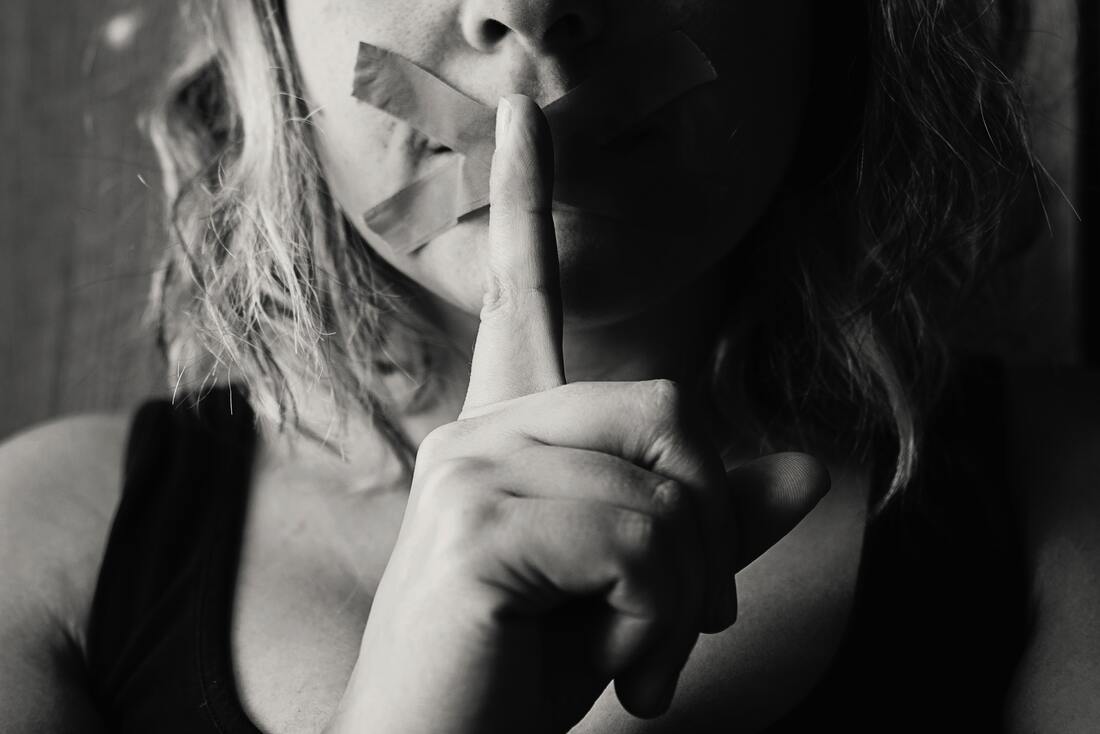Get Support
Having a good support system is key to overcoming an abusive relationship.
Set Boundaries
Boundaries can be useful for your physical or emotional safety.
Plan for Your Safety
Having a good support system is key to overcoming an abusive relationship.
- Identify a safe adult to confide in. Tell them as much as you can. The more they know, the better they can help.
- Stay connected with friends, family, co-workers, and peers.
- Join a support group or call a crisis line to talk to someone about what you’re experiencing.
Set Boundaries
Boundaries can be useful for your physical or emotional safety.
- Tell someone if they treat you in a way you don’t like.
- Turn off your phone or stop answering calls and texts at certain times.
- Set time aside each day for activities you enjoy.
Plan for Your Safety
- Include friends and family members in your plans.
- Consider your physical, mental, and emotional well-being.
- Apply for a protective order if you feel your safety is at risk. If you are under the age of 18, you will need an adult to apply on your behalf. Protective orders are free to file, and a Crisis Connection advocate can help you fill one out.
- Create a safety plan. We have included some basic safety tips to consider below, for a more personalized comprehensive plan, please contact and Advocate at Crisis Connection.
SAFETY PLANNING
Include your support system:
Make a plan:
Include self-care:
- Talk to your trusted adults about the situation. Sometimes they’ll think of things you wouldn’t consider.
- Identify one or two close friends you can trust to help you.
Make a plan:
- Consider your physical, emotional and mental well-being.
- Plan for when you’re at home, at school, at different activities and at friends’ houses.
- Make a list of safe places to go and safe people to talk to.
- Connect with resources that can help you, such as a school counselor, therapist or Crisis Connection advocate.
- Keep your cell phone charged and with you at all times.
- Memorize important phone numbers.
Include self-care:
- Identify activities that you enjoy and make time each day for them.
- Possibilities for self-care are endless. Some suggestions include hiking, journaling, exercising, meditating, and disconnecting from social media.
If you are in immediate danger, call 911 or other emergency services.
SUPPORTING A LOVED ONE
Being a loved one of someone impacted by teen dating violence can be just as emotionally damaging as being the one in the abusive relationship. You may be feeling guilt, confusion, anger, or unsure of how to help and be supportive. That’s okay! Advocates at Crisis Connection are here to help, and we put together a quick list of Dos and Don’ts for you!
Do:
Don’t:
- Believe unconditionally.
- Provide support.
- Ask what they need.
- Accept changes in their behavior.
- Help them safety plan.
- Take time for your own self-care.
Don’t:
- Pity.
- Shock.
- Denial.
- Revenge seeking.
- Victim Blaming.
CRISIS CONNECTION INC. AND ITS STAFF OFFER SERVICES WITHOUT REGARD TO OR DISCRIMINATION ON THE BASIS OF RACE, MENTAL OR PHYSICAL ABILITY, ETHNIC OR NATIONAL ORIGIN, AGE, RELIGION, GENDER, GENDER IDENTITY OR EXPRESSION, SEXUAL ORIENTATION, POLITICAL AFFILIATION OR BELIEF, MARITAL STATUS, PLACE OF RESIDENCE, OR STATUS IN REGARD TO PUBLIC ASSISTANCE OR VETERANS STATUS IN COMPLIANCE WITH ALL APPLICABLE FEDERAL, STATE, AND LOCAL LAWS.

